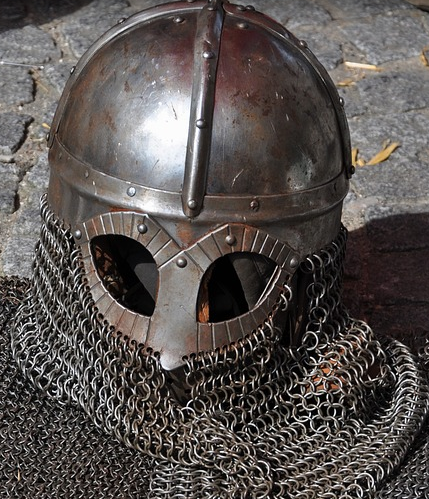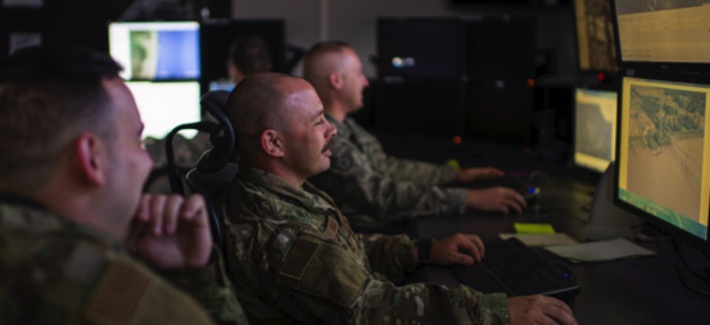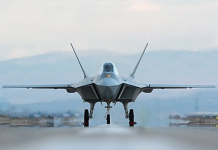There is currently too little European thinking about what artificial intelligence means for the military.
“Artificial intelligence” (AI) has become one of the buzzwords of the decade, as a potentially important part of the answer to humanity’s biggest challenges in everything from addressing climate change to fighting cancer and even halting the ageing process. It is widely seen as the most important technological development since the mass use of electricity, one that will usher in the next phase of human evolution. At the same time, some warnings that AI could lead to widespread unemployment, rising inequality, the development of surveillance dystopias, or even the end of humanity are worryingly convincing. States would, therefore, be well advised to actively guide AI’s development and adoption into their societies.
For Europe, 2019 was the year of AI strategy development, as a growing number of EU member states put together expert groups, organised public debates, and published strategies designed to grapple with the possible implications of AI. European countries have developed training programmes, allocated investment, and made plans for cooperation in the area. Next year is likely to be an important one for AI in Europe, as member states and the European Union will need to show that they can fulfil their promises by translating ideas into effective policies.

After a few years as a contract serviceman, I graduated with a degree in business law, and worked in defence industry related groups. This has given me the opportunity to work closely on a number of export markets related topics. As a result, I feel a certain legitimacy to write on these subjects.





